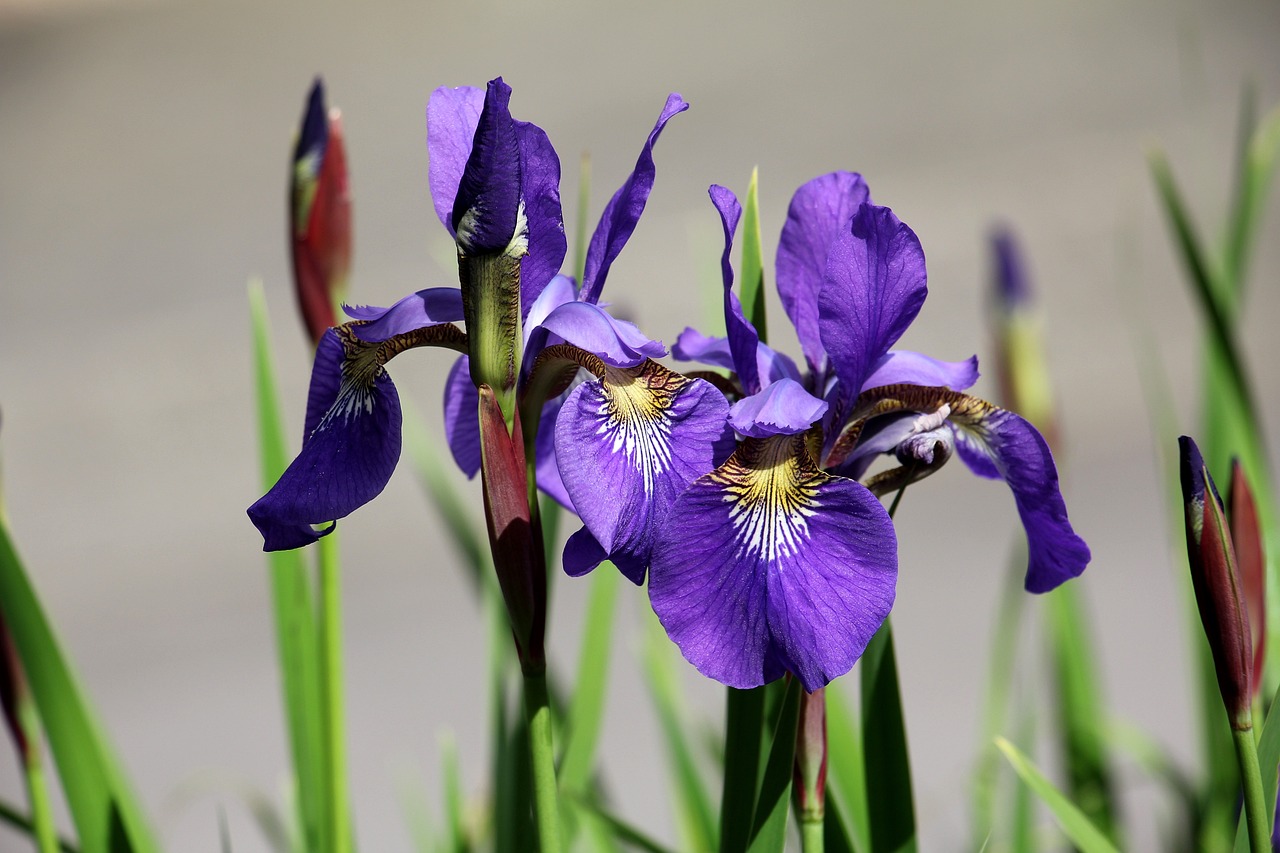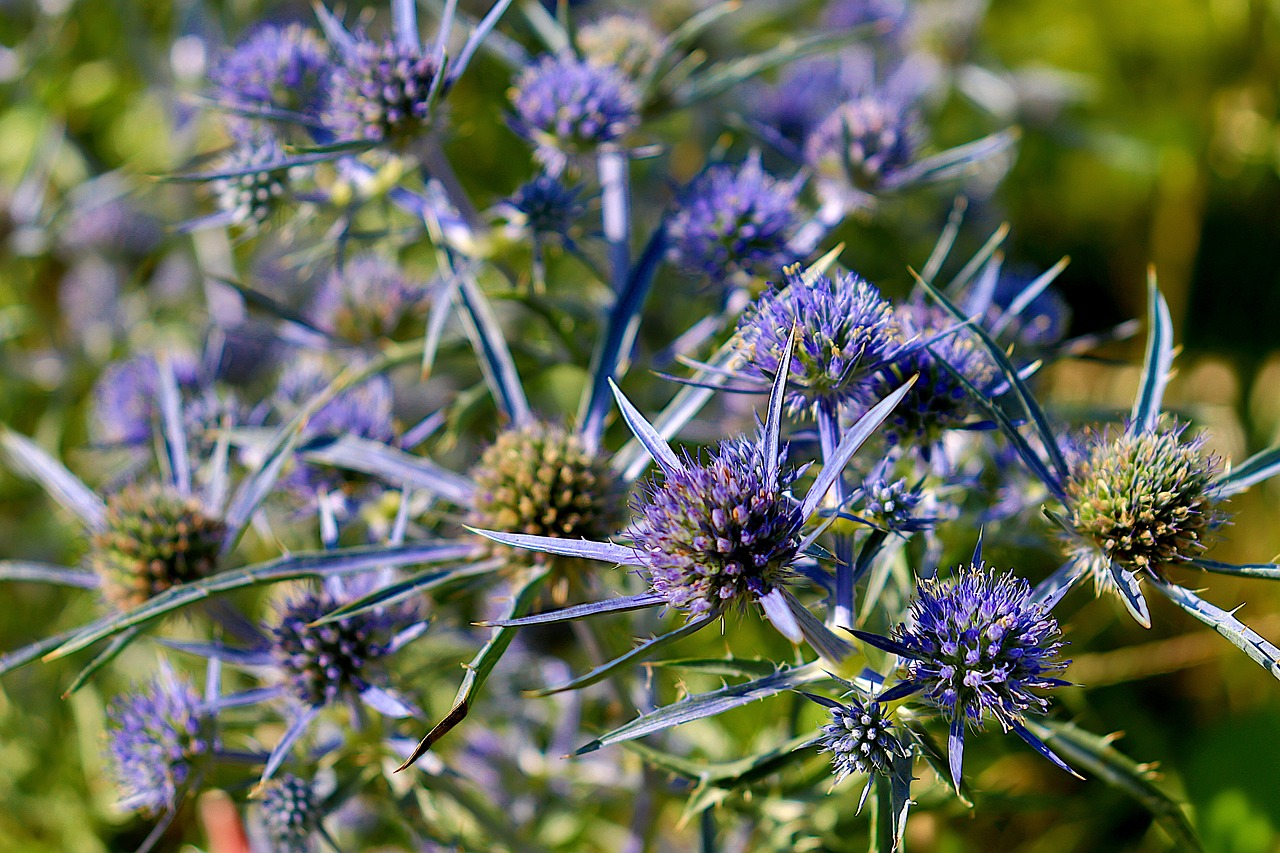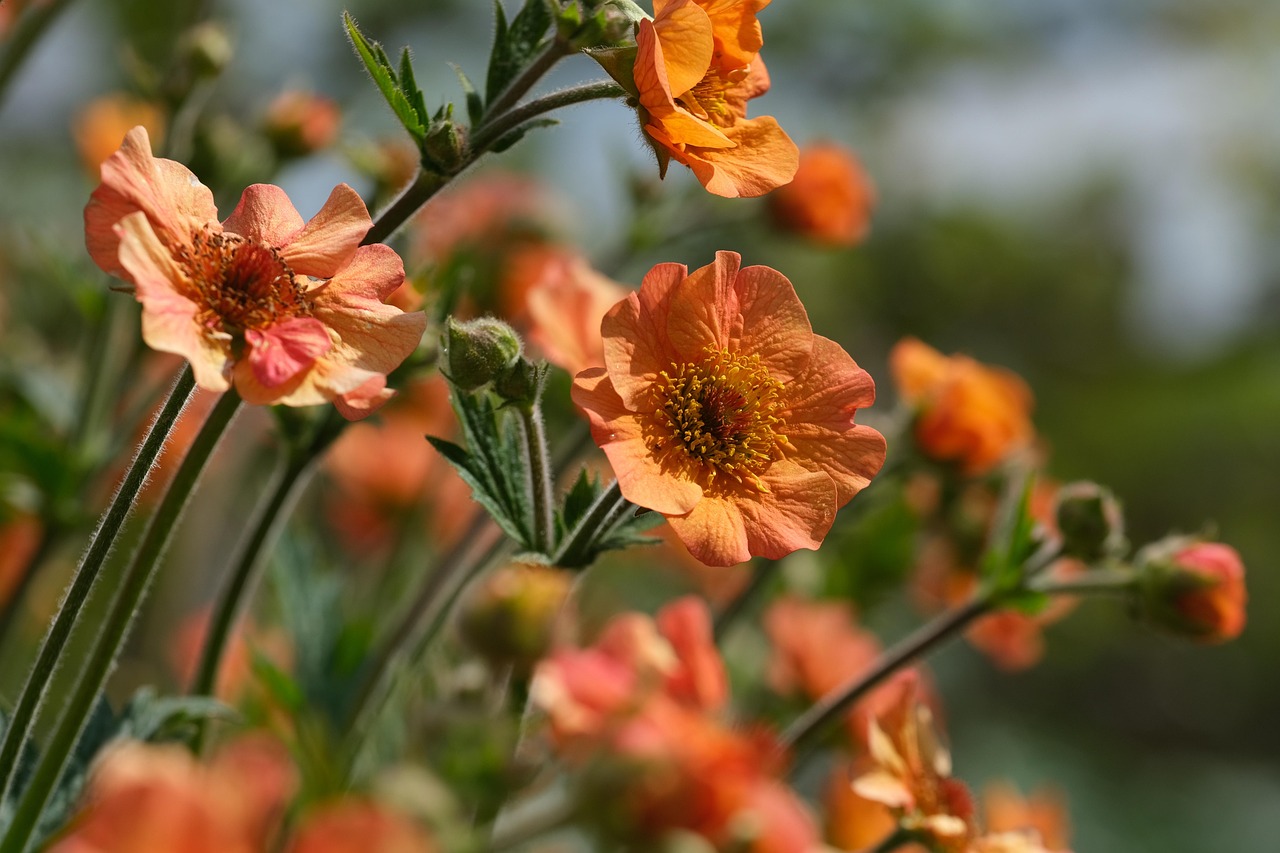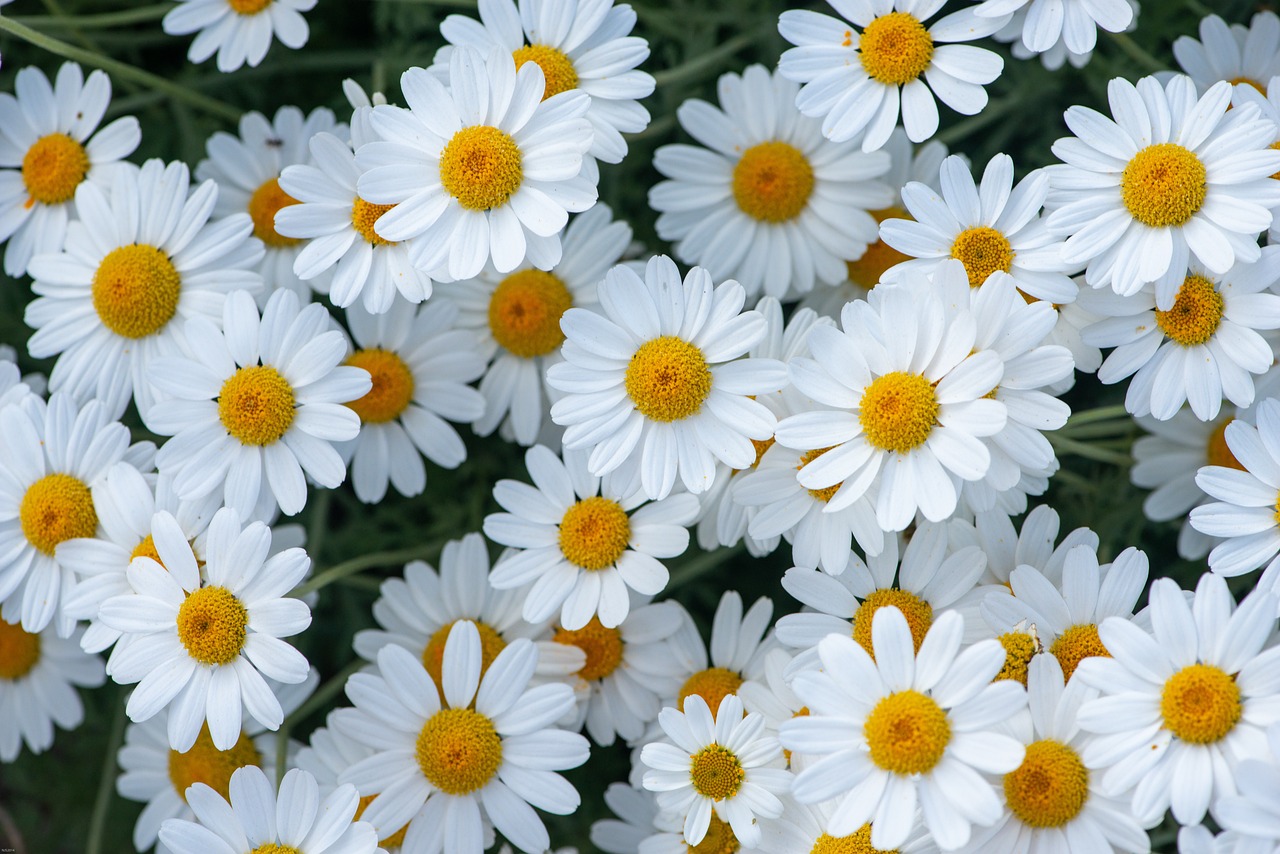Nicandra | The Blue-Violet Flower Swaying in the Andes
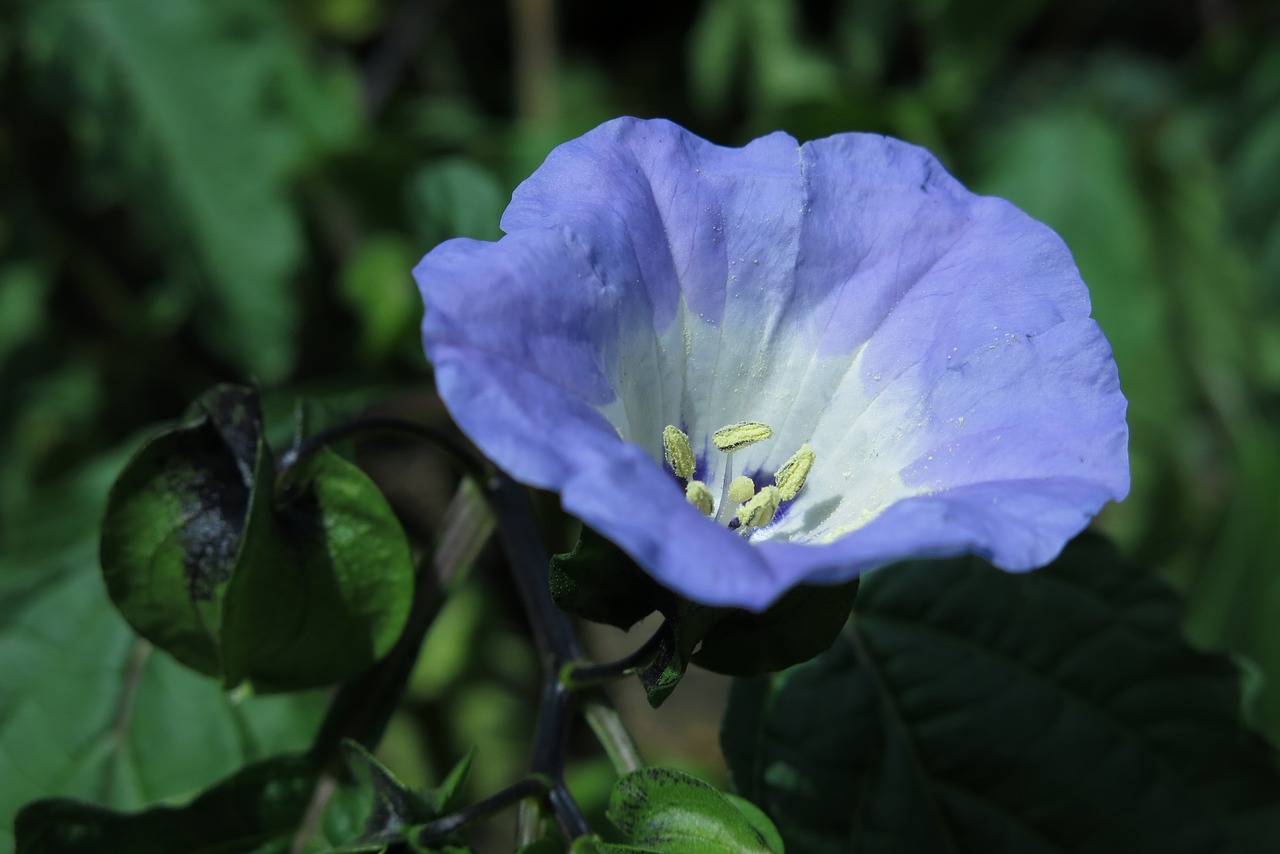
I would like to introduce Nicandra, a plant with vivid blue-violet flowers and distinctive fruits that has attracted attention as an ornamental species due to its unique appearance.
In this article, I will explain the basic information, cultural and historical background, and key points for growing Nicandra in detail.
Basic Information
- Scientific Name: Nicandra physalodes
- Family: Solanaceae (Nightshade family)
- Origin: South America, particularly Peru
- Appearance: Nicandra is an annual plant that grows 50–150 cm tall. Its bell-shaped flowers are blue-violet with a pale yellow center. The leaves are broad and green, while the fruit is spherical, enclosed in a papery calyx resembling a small balloon.
- Flowering & Fruiting Season: From June to October, it produces flowers followed by fruits, making it a long-lasting plant to enjoy.
Cultural Characteristics Around the World

Thanks to its unique appearance, Nicandra has been cherished as an ornamental plant in European and American gardens.
Its balloon-like calyx enclosing the fruit has become a point of fascination for gardeners and collectors.
In South America, Nicandra has traditionally been planted at the edges of gardens or fields, where it is regarded as a plant that wards off evil. In some regions, it has even been used in ceremonies and festivals due to this cultural significance.
Historical Episodes
Nicandra was introduced to Europe in the 18th century. Its striking form and vivid colors quickly won popularity, and it began to be exhibited in botanical gardens in England and France.
During the Victorian era, it was valued as an exotic plant and cultivated in greenhouses and gardens, becoming part of the trend of collecting rare plants.
Meanwhile, in its native Peru, Nicandra has long been recognized as a traditional plant. Beyond its beauty, its presence has influenced the local plant culture.
Gardening Advice
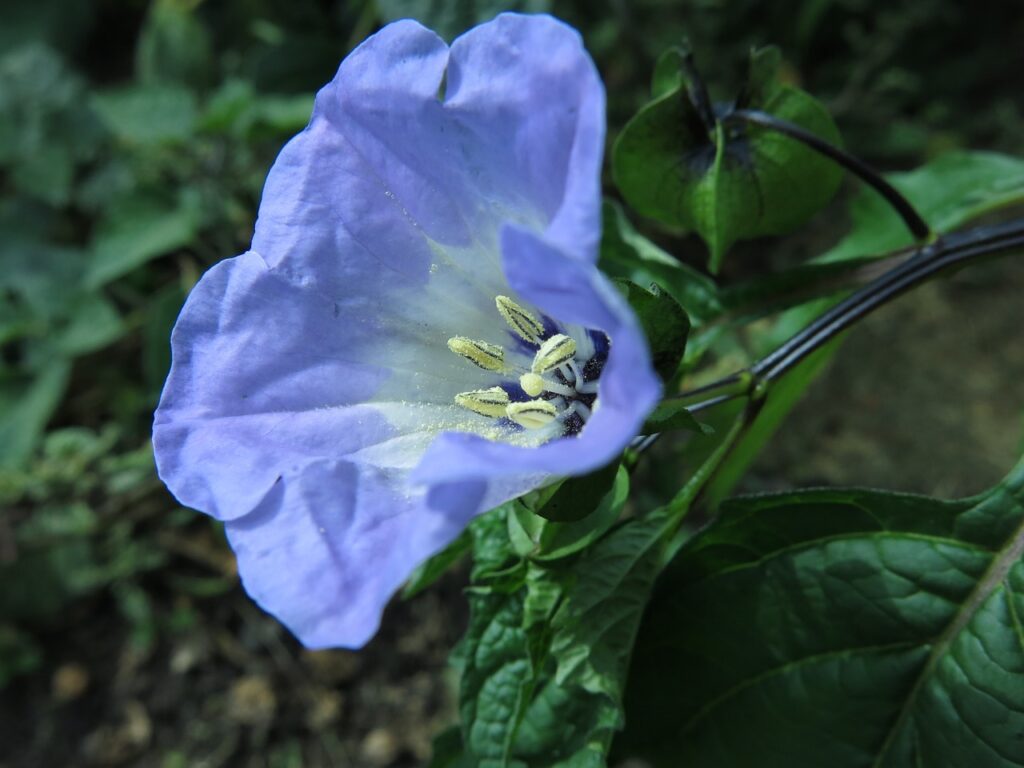
Nicandra is relatively easy to grow, even for beginners. Below are some tips for successful cultivation:
Sunlight
Prefers full sun but can also grow in partial shade. Sufficient sunlight promotes abundant flowering.
Watering
Water thoroughly when the soil dries out, but avoid overwatering. The plant is fairly tolerant of dry conditions.
Soil
Well-drained soil is ideal. Mixing general potting soil with sand or leaf mold yields good results.
Fertilizer
Apply slow-release or liquid fertilizer once every 2–3 weeks during the growing season to support healthy growth.
Pruning
Regularly remove withered flowers and leaves to maintain appearance and encourage continuous blooming.
Conclusion
Nicandra, with its vivid flowers and balloon-like fruits, adds a unique accent to both gardens and potted plants.
It is easy to cultivate, making it enjoyable for gardeners of all levels. I encourage you to grow Nicandra and experience its charm firsthand.

